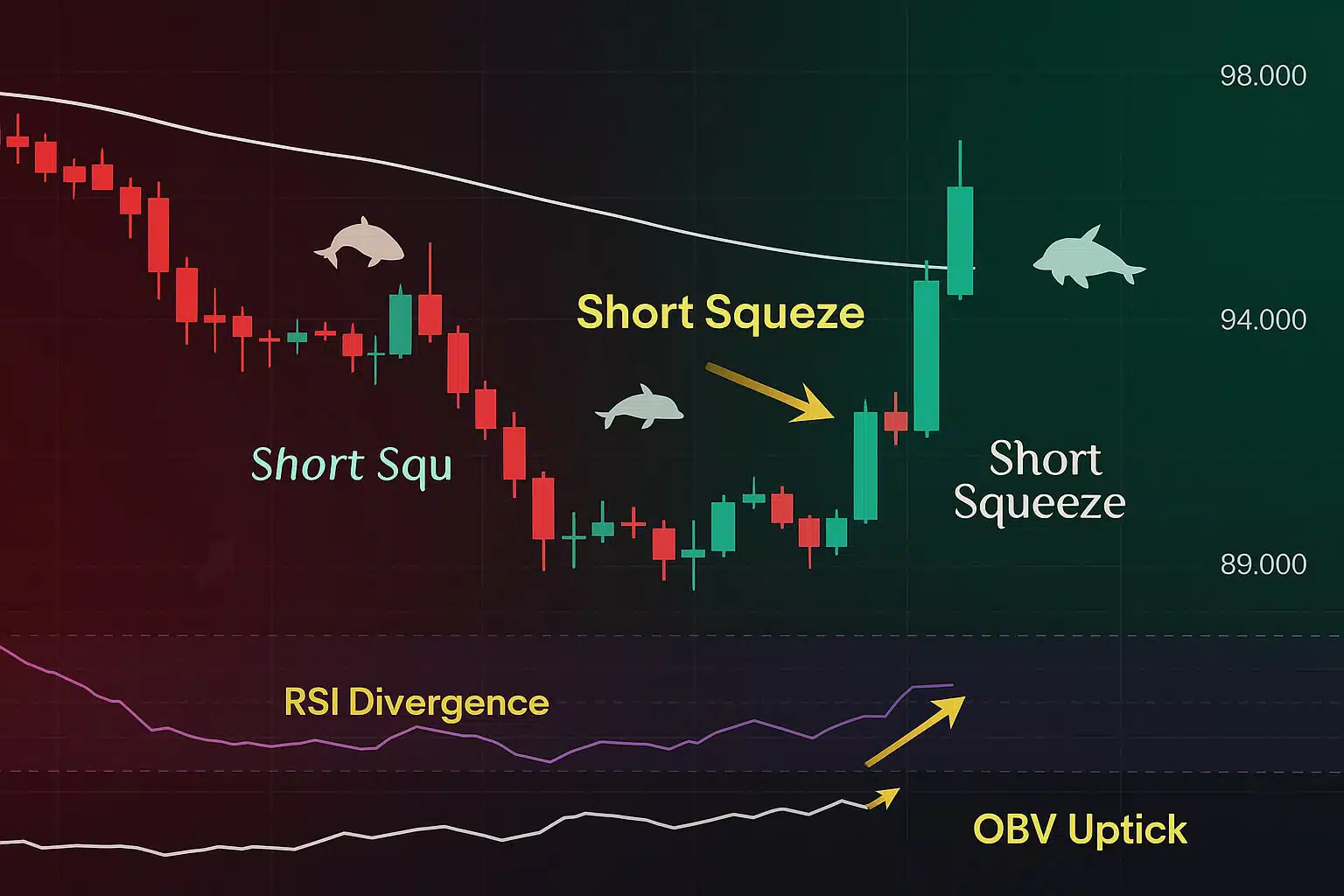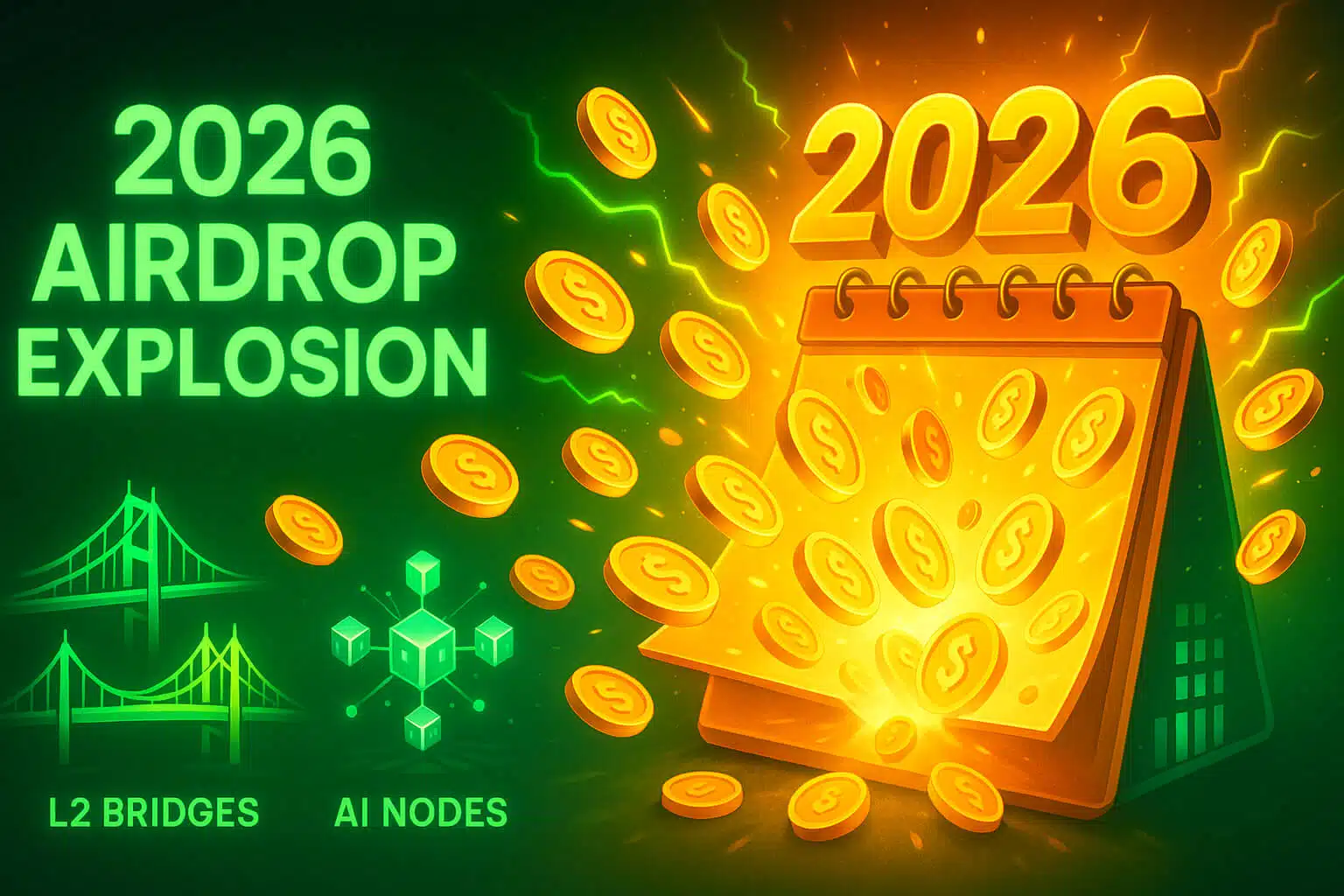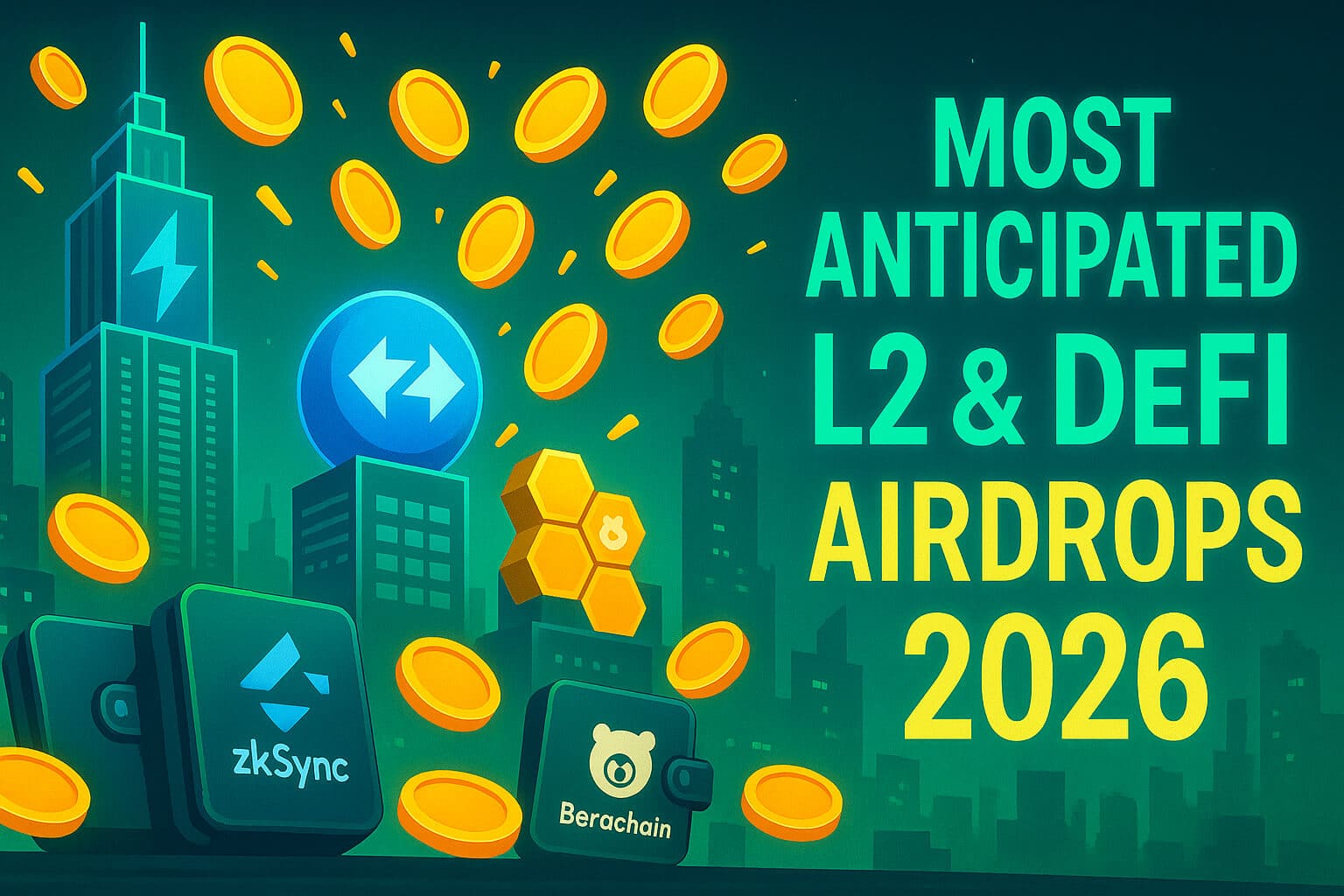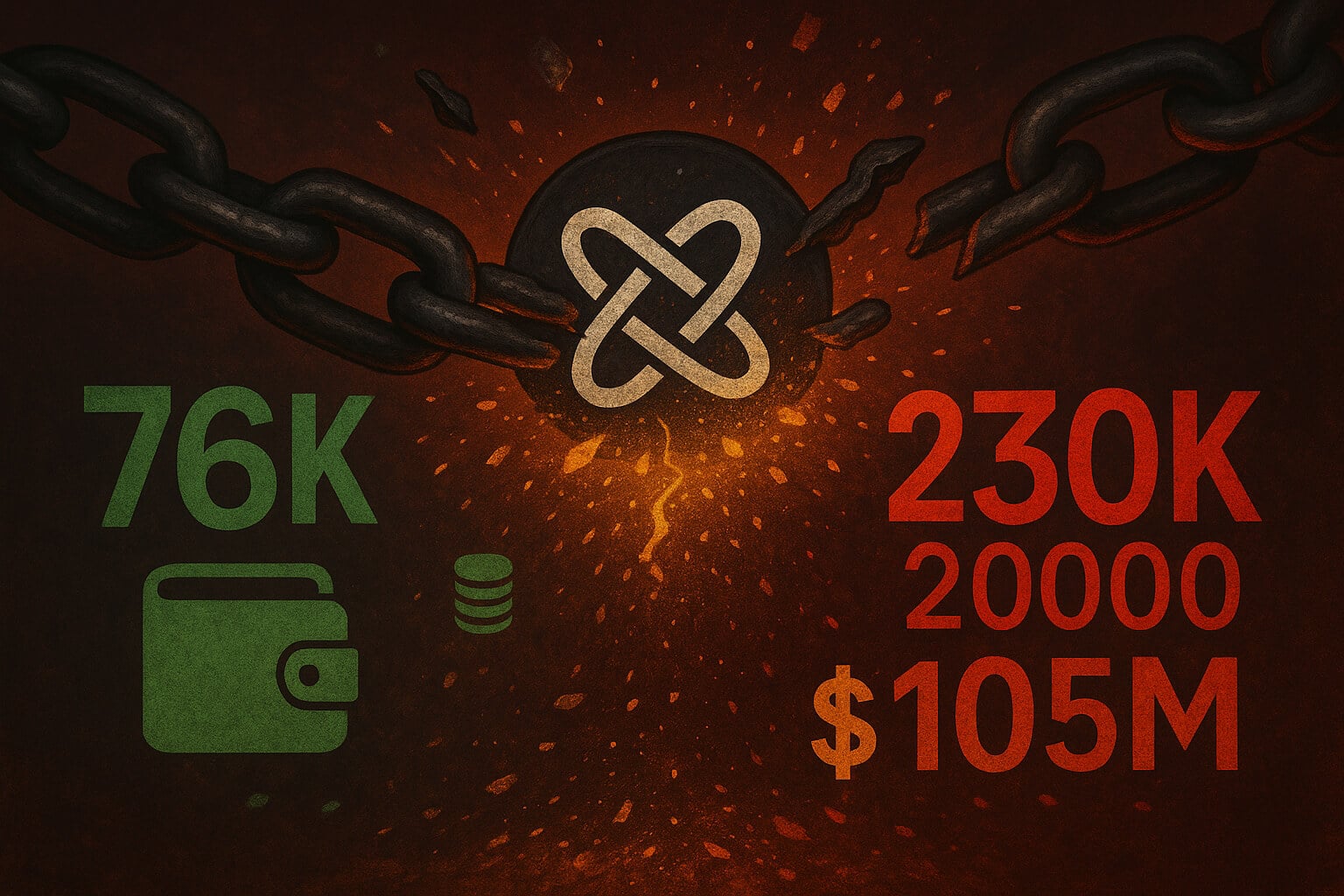1. Introduction: The Growing Interest of Governments in Blockchain
Blockchain technology, initially tied to cryptocurrencies like Bitcoin, is now recognized for its broader applications. Governments globally are embracing blockchain to enhance public services, boost transparency, and increase efficiency. From land registries and voting systems to supply chain management and digital identity verification, blockchain is revolutionizing government operations and public interaction. This article explores the ways governments are adopting blockchain technology and its impact on public administration.
Why Blockchain Matters in Governance:
Blockchain provides decentralized, secure, and transparent solutions that address key challenges in governance, such as data security and public trust.
2. Key Areas Where Governments Are Implementing Blockchain
2.1 Enhancing Transparency and Accountability
Governments are adopting blockchain to enhance transparency and accountability in public administration. Blockchain’s immutable ledger ensures that all transactions are recorded and cannot be altered, offering a transparent record for audits. This transparency is particularly valuable in areas like procurement, public spending, and voting systems, where corruption and fraud are significant concerns.
- Examples of Implementation:
- Voting Systems: Countries like Estonia and Switzerland are exploring blockchain-based voting systems to secure elections. Blockchain creates tamper-proof vote records, reducing election fraud risks.
- Public Spending: Blockchain tracks government expenditures in real-time, allowing citizens and auditors to monitor public fund usage, reducing corruption opportunities.
2.2 Securing Digital Identity and Data Management
Blockchain technology offers a secure solution for managing digital identities and sensitive data. Governments are adopting blockchain to protect citizens’ personal information, reduce fraud, and streamline public service access. Storing identity information on a blockchain ensures data security and easy access for authorized parties.
- Applications in Digital Identity:
- National ID Systems: India and Estonia have implemented blockchain-based national ID systems. These systems provide secure digital identities for accessing government services, reducing identity theft and fraud risks.
- Health Records: Blockchain is being used to securely manage health records. Countries like the UAE and Australia are exploring blockchain for health data management, ensuring authorized access only.
2.3 Streamlining Land Registries and Property Management
Managing land and property ownership is often complex and opaque. Blockchain offers a solution by providing a transparent, tamper-proof system for recording land ownership and transactions. Governments are adopting blockchain to streamline land registries, reduce property ownership disputes, and increase real estate transaction transparency.
- Blockchain in Land Registries:
- Pilot Projects: Georgia and Sweden are testing blockchain-based land registries. These projects aim to create secure, transparent property ownership records, reducing fraud and simplifying transactions.
- Impact on Property Management: Blockchain enables a single, immutable property ownership record accessible and verifiable by all parties, reducing disputes and increasing transaction confidence.
2.4 Enhancing Supply Chain Transparency and Efficiency
Governments are using blockchain to improve supply chain transparency and efficiency. Blockchain provides an immutable record of goods’ journeys, combating counterfeiting, fraud, and inefficiency. This is particularly crucial for government procurement, where transparency and accountability are vital.
- Supply Chain Management:
- Public Procurement: Blockchain tracks the entire procurement process, ensuring goods and services are delivered as promised, reducing fraud risks, and ensuring effective public fund use.
- Food and Medicine Safety: Blockchain tracks food and medicine origins, ensuring safety and authenticity. China and the U.S. are exploring blockchain for food safety and pharmaceutical supply chains.
3. Recent Government Updates on Blockchain Adoption

3.1 European Union’s Blockchain Strategy
The European Union (EU) is advancing its European Blockchain Services Infrastructure (EBSI) to develop cross-border digital public services based on blockchain. This initiative enhances the security, transparency, and efficiency of public services across EU member states. The EU also seeks to establish regulatory frameworks that encourage blockchain innovation while ensuring compliance and security.
3.2 China’s Blockchain Initiatives
China remains a global leader in blockchain adoption. The country’s Blockchain-based Service Network (BSN) continues to expand, providing infrastructure for businesses and governments to deploy blockchain applications. Recently, China integrated blockchain with its digital yuan (CBDC) pilot programs, aiming to create a more secure and efficient digital economy.
3.3 India’s National Blockchain Strategy
India is taking significant steps toward integrating blockchain into government services through its National Blockchain Framework. This initiative focuses on implementing blockchain in areas such as land registry, supply chain logistics, and digital identity verification. India’s Ministry of Electronics and Information Technology (MeitY) is actively working on blockchain integration across various public sector projects to enhance transparency and reduce corruption.
3.4 United States and Blockchain in Public Services
In the United States, several states and the federal government are exploring blockchain applications in areas like supply chain security, digital identity management, and voting systems. Wyoming has passed legislation to create a legal framework for decentralized autonomous organizations (DAOs), recognizing them as a new type of LLC. The Biden administration is also interested in developing a regulatory framework for digital assets that includes blockchain technology.
3.5 United Arab Emirates (UAE) and Blockchain Adoption
The UAE continues to pioneer blockchain adoption, particularly in Dubai, where the government aims to become the world’s first blockchain-powered city by 2025. The Dubai Blockchain Strategy focuses on integrating blockchain technology into government operations, including digital transactions, document verification, and supply chain management. The UAE government is also exploring blockchain for managing health records and enhancing the transparency of public services.
4. The Future of Blockchain in Governance
4.1 Expanding Use Cases
As governments become more familiar with blockchain technology, they are likely to expand its use across a broader range of applications. In the future, blockchain could manage social welfare programs, streamline tax collection, and more. The potential applications of blockchain in governance are vast, and as the technology matures, governments will continue to find new and innovative ways to use it.
- Emerging Trends:
- Social Welfare Programs: Blockchain could manage social welfare programs, ensuring fair and efficient distribution of benefits.
- Tax Collection: Blockchain technology could streamline tax collection by providing a transparent, tamper-proof record of transactions, reducing tax evasion risks.
4.2 The Role of Public-Private Partnerships
Public-private partnerships will be crucial in government blockchain adoption. By collaborating with private companies and blockchain experts, governments can leverage the necessary expertise and resources to implement blockchain solutions successfully. These partnerships will help overcome blockchain adoption challenges and ensure the technology is used effectively.
- Collaborative Efforts:
- Partnerships with Tech Companies: Governments can partner with technology companies to develop and implement blockchain solutions. These partnerships can provide governments with the expertise and resources needed to successfully adopt blockchain.
- Academic Collaboration: Collaborating with academic institutions can help governments stay at the forefront of blockchain research and innovation, ensuring they use the most advanced and effective blockchain solutions.
Conclusion: Blockchain’s Transformative Impact on Governance
Governments worldwide increasingly recognize blockchain’s potential to transform public services and governance. From enhancing transparency and accountability to securing digital identities and streamlining land registries, blockchain offers a wide range of public sector benefits. However, to fully realize blockchain’s potential, governments must overcome regulatory, technological, and infrastructural challenges. As the technology evolves, blockchain will play an increasingly important role in shaping the future of governance.
For more insights and detailed analysis on blockchain adoption by governments, explore our Blockchain in Governance section.
Stay Updated
For the latest updates on how governments are adopting blockchain technology, follow us on:
Stay informed with the latest strategies and insights in the world of blockchain and cryptocurrency at FreeCoins24.io.
Special Offer
Looking to understand how blockchain can benefit your organization? Sign up on Bybit today and explore the latest trends in blockchain and digital finance. Take advantage of up to $30,000 in deposit bonuses when you trade on Bybit.

















